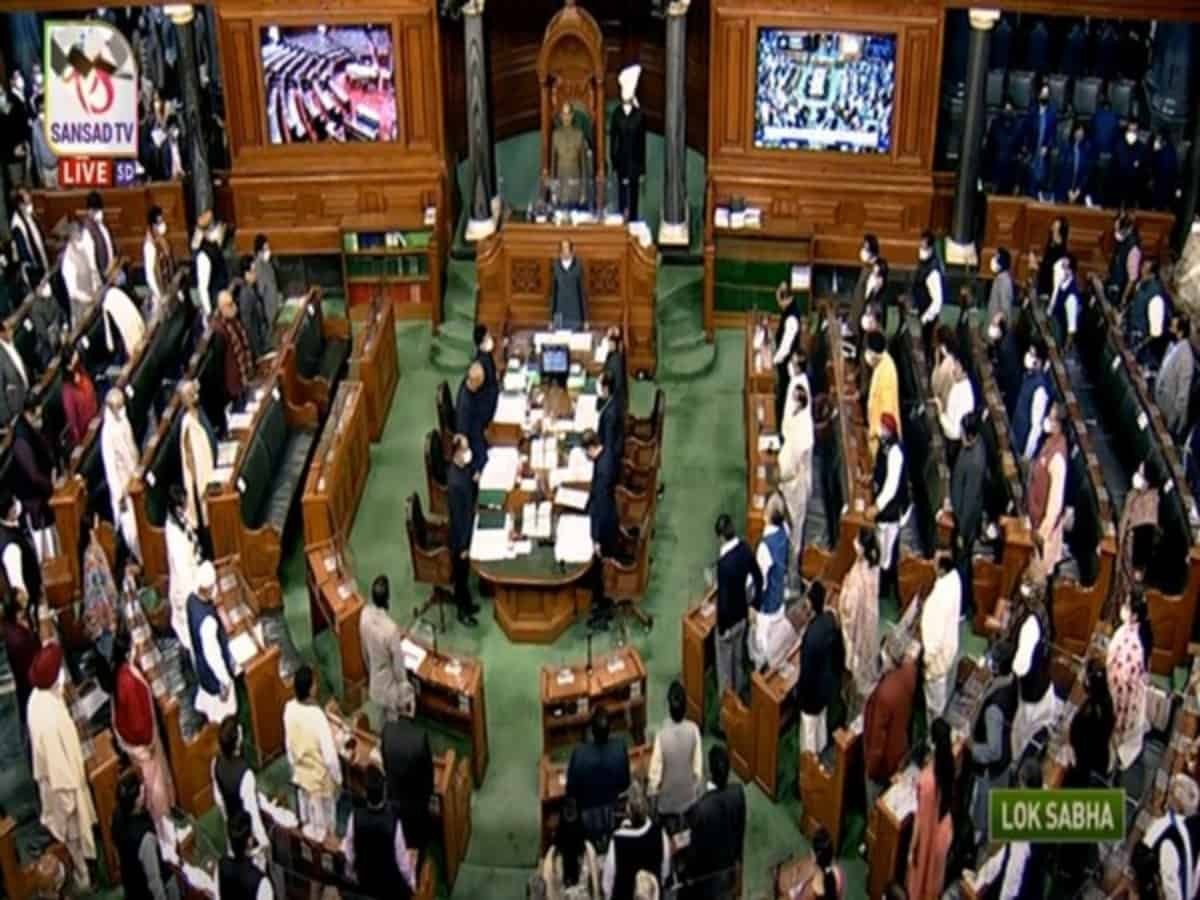
Congress MP Gaurav Gogoi, on behalf of the opposition parties of the INDIA alliance, on Wednesday moved a no-confidence motion. Later, Lok Sabha Speaker Om Birla accepted the motion and stated that the time for debate will be decided later.
The question remains is that what will happen if the motion is passed against the government? Will it result in the resignation of the central cabinet?
To answer these questions, it is necessary to understand everything about a no-confidence motion.
What is a no-confidence motion?
A no-confidence motion is a parliamentary process through which the opposition can challenge the government’s majority.
The motion can be introduced only if at least 50 members of Parliament support it and can be introduced only in Lok Sabha.
Once the Speaker of Lok Sabha accepts the motion and allots a day for its discussion, it will be put to vote.
Outcome of the motion
If the motion is passed, i.e., if it gets the votes of the majority of members of the house, the government is bound to vacate the office, and elections will be announced.
The motion will be defeated if it fails to gather votes of the majority of the members of the house. In that case, the government can continue its remaining term.
Indira Gandhi faced the highest no-confidence motions
Since independence, 28 no-confidence motions (including today’s) have been moved. In April 1999, the then-PM Atal Bihari Vajpayee became the first head of the government to lose the motion by a margin of one vote.
So far, the highest number of the motions were faced by the then-PM Indira Gandhi. She faced 15 out of the 28 motions moved till today.
The most recent no-confidence motion was put to vote against the Narendra Modi government in 2018. However, it was defeated by 325-126 votes.
Below is the list of Prime Ministers of India and the no-confidence motions moved against their governments:
- Indira Gandhi (15)
- Lal Bahadur Shastri and P. V. Narasimha Rao (three each)
- Morarji Desai and Narendra Modi (two each)
- Jawaharlal Nehru, Rajiv Gandhi, Atal Bihari Vajpayee (one each)



